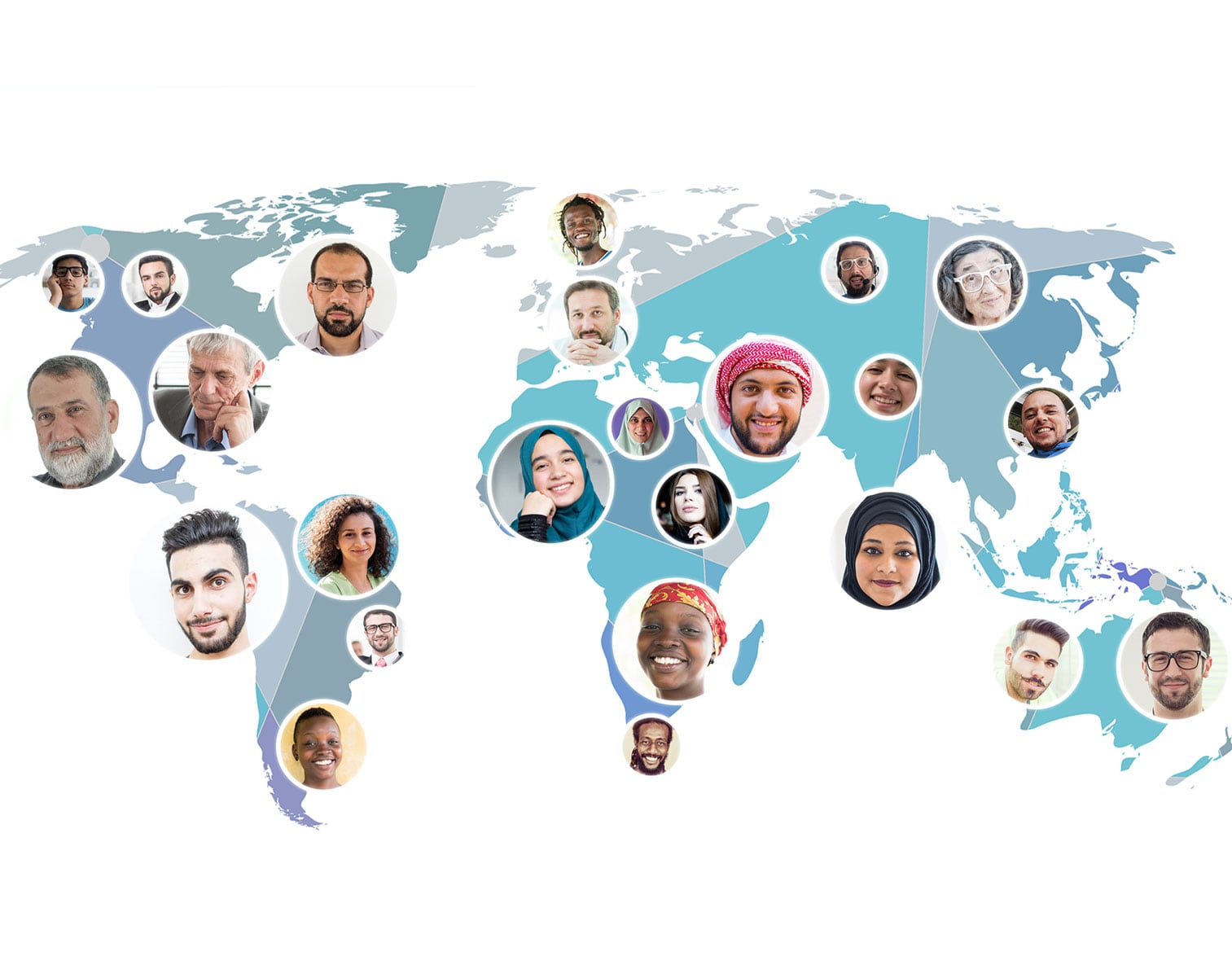In our hyper-connected world, geographical distance is no obstacle to communicating or doing business. Many companies have expanded outside their base territory and often hire internationally. Even firms that solely trade in their home market look globally to keep in touch with emerging trends and technologies.
Mentorship provides benefits for both personal growth and businesses at large. The classic definition of mentoring suggests a senior employee coaching or tutoring a junior colleague face-to-face in an office, the shop floor, or a factory. However, advancements in communication mean a mentee can find remote support from a mentor on the other side of the world.
Today, remote working is the norm, with many employees working alongside colleagues based in other countries. That shift has also changed mentoring, presenting a wealth of opportunities. However, some traditional notions still linger and can hamper the possibilities for both mentors and mentees to get the most out of the relationship.
Step outside your comfort zone
In my current role at Philip Morris International (PMI), I am helping break down both geographical and hierarchal barriers to facilitate iGrow, our award-winning, in-house mentoring program. As individuals, we naturally gravitate toward people who look like us—perhaps the same gender, ethnicity, nationality, generation, or social class. However, by doing so we are limiting our prospects for growth. When matching mentors and mentees through iGrow, we prioritize cross-function and cross-market matches. By removing the option to self-match with a mentor of their choice, we can challenge people to step out of their comfort zone.
Michelle Lagrave,
Manager of Coaching and Mentoring, People & Culture
Philip Morris International
Admittedly, being asked to be a mentor can provoke feelings of imposter phenomenon, when they don’t think they are adequate for their role. And some participants can be hesitant to be matched with someone from a different background. So, we’ve challenged some requests and explained the benefits of cross-cultural mentoring for both sides. My team has also had to enlighten some participants who mistakenly believed mentoring merely involves a senior colleague passing down instructions or wisdom to those below. We remind them that as individuals, we all have strengths and weaknesses regardless of our titles, and even the people at the very top aren’t perfect at everything. Our program not only matches people from different backgrounds, but without hierarchy, so those at the same pay grade could mentor each other peer-to-peer.
Communicate openly
By matching participants outside their function and market, they can drop their guard and talk freely, without concerns their words could negatively impact their performance or development in the eyes of managers or colleagues.
The true definition of mentorship isn’t teaching, but to counsel or guide another person, regardless of their position. Our iGrow model encourages employees taking part to be vulnerable and authentic and simply share their experiences and listen to each other.
Embrace different perspectives
Everyone should feel comfortable to be their authentic selves at work and shouldn’t feel held back by the characteristics that make them who they are as individuals. By being mentored or mentoring someone from a different background, they can gain a new perspective.
What I’ve seen through iGrow is that people learn so much from cross-cultural mentoring, and not only as individuals—it can also have a ripple effect on their home life, or even in their community. As an American living in Switzerland, I was matched with a mentor from India, and it was an amazing experience—I learned so much from her.
New business opportunities
A major benefit of cross-cultural mentorship is diversifying your network, which can also have financial benefits for your company. While globalization can easily make us think we’re “all the same,” cultural differences in the ways we communicate and do business persevere. Understanding different cultures can open your eyes to emerging consumer groups in your market, or even introduce you to potential new markets for expansion.
Widen your career prospects
On an individual growth level, cross-cultural mentorship can highlight career opportunities abroad. This is particularly important for those from marginalized backgrounds, who could be exposed to opportunities that may not be available in their own market.
Reinforce organizational culture
With multinational companies, the nuances between local markets can be challenging. However, international mentorship can provide insights on alternative ways of working in different cultures and, ultimately, help reinforce the organizational culture worldwide, while encouraging people to take ownership of their career path.
Flexibility
International, remote mentorship is more flexible than doing it in-person, so participants can connect at a time that suits them both, even outside the confines of their working hours. For example, a parent working full-time may prefer to chat in their evenings when their child is in bed, which could be facilitated by their mentor’s different time zone.
Thanks to these various benefits, the importance of cross-cultural mentoring is clear. Not only are you encouraging a more inclusive workforce, you’re also opening the door to a wealth of opportunities.
Top image © Getty Images.








